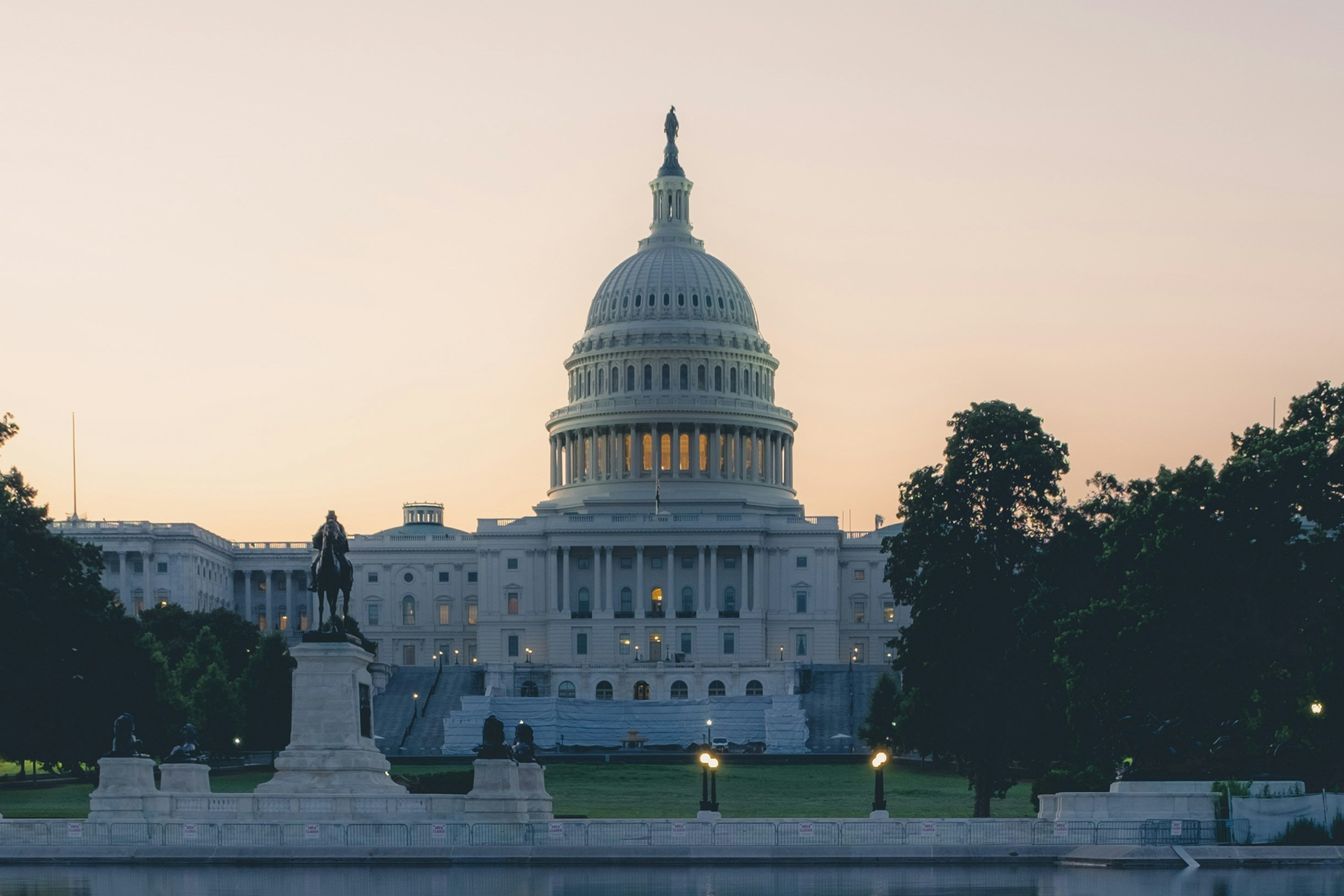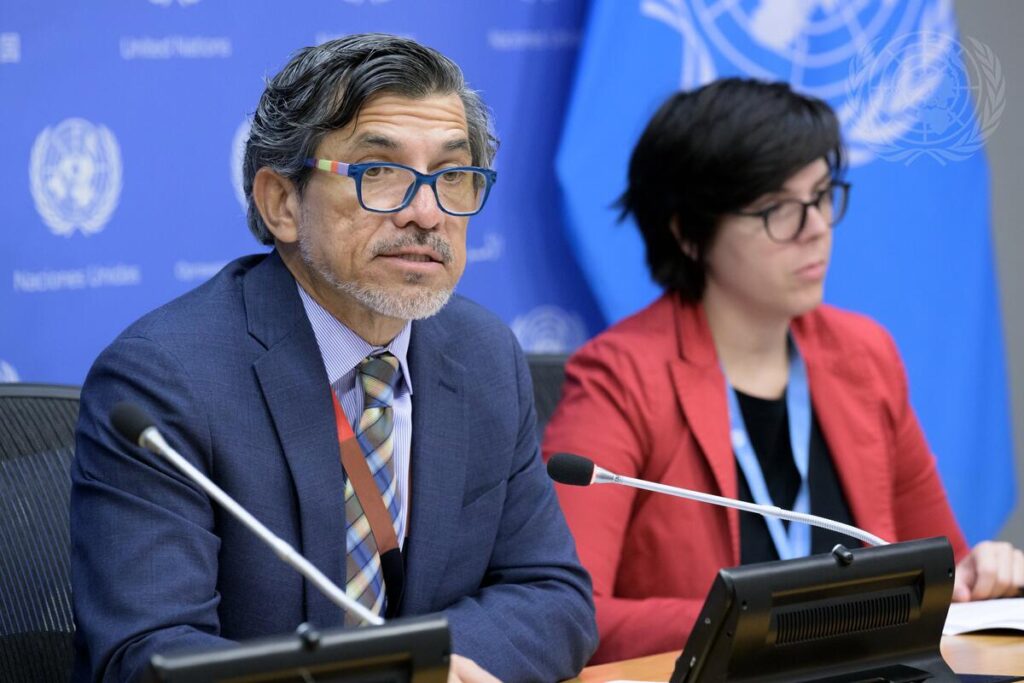President of the Better World Campaign says the bill
“makes us weaker, not stronger”
The House State, Foreign Operations and Related Programs Subcommittee (SFOPS) released its Fiscal Year 2025 spending bill Monday that eliminates funding for the UN regular budget (UNRB) and slashes scores of successful international programs.
The House FY25 SFOPS bill would cut funding for the Contributions to International Organizations (CIO) account by over 80% from FY24 levels. The CIO account funds U.S. assessments for the UN regular budget and more than 40 other international organizations, most of which would see U.S. funding eliminated, including UNESCO and the World Health Organization (WHO).
Reacting to the legislation, BWC President Peter Yeo remarked, “By failing to pay our UN dues, this legislation undermines American influence at the UN and globally. This comes at a time when Republicans and Democrats agree that geopolitical competition with China and Russia is one of the defining issues of our day.” Yeo added, “Why would we choose to decimate our international influence?”
“By failing to pay our UN dues, this legislation undermines American influence at the UN and globally… why would we choose to decimate our international influence?”
Peter Yeo
With respect to the UN regular budget, the U.S. would ultimately lose its vote in the UN General Assembly if it is defunded two years in a row, which would be unprecedented in the more than 75 years since the U.S. helped found the international organization.
The bill also eliminates all funding for the WHO, a day after an historic agreement by 194 members of the WHO’s governing body to amend International Health Regulations to better protect populations from future disease outbreaks and pandemics.
In addition, the House bill again zeroes out the entire International Organizations and Programs (IO&P) account, which contains over a dozen UN entities and includes core funding for UNICEF, UN Women, UNFPA, the UN Development Program, the UN Human Rights Office, and the Intergovernmental Panel on Climate Change.
Significant cuts from the U.S. — the world’s single largest humanitarian funder — would have catastrophic consequences on millions of lives and further destabilize these already fragile countries and populations, including our own. Ultimately, these cuts will cost far more than they could possibly save.
Sudan, for example, is a country on the brink of collapse. The total number of internally displaced has surpassed 9 million, making it the largest internal displacement crisis in the world. Nearly five million people are close to famine, child malnutrition is at emergency levels, and many are forced to eat dirt and leaves to survive. Although a window of opportunity exists for the international community to act now during the planting season to help alleviate the crisis, this bill would unconscionably cut or eliminate aid to UNICEF, the Food and Agriculture Organization (FAO), and the Emergency Refugee and Migration Assistance Fund, heaping additional misery during the world’s largest hunger crisis.
“Proponents of this bill are reducing the U.S. footprint across the international system during a period of increasing instability, when U.S. values need to be represented more fully. These actions make us weaker, not stronger,” Yeo said.
Underscoring Yeo’s point, the House bill again calls for significant cuts to UN peace operations, even though the data is clear that these missions save lives, reduce violence, and are far cheaper than sending in U.S. troops. As outlined, peacekeeping cuts would cause U.S. arrears to reach over $1.4 billion dollars.
We urge the full House and Senate to dismiss this legislation, support no less than the Administration’s request for the International Affairs Budget in FY’25 spending negotiations, and restore UN funding that has kept our country safe for generations and has improved the lives of millions of people around the globe.
Media Contact: Kathryn Kross | kkross@unfoundation.org | 202-887-9040 ext 8577




